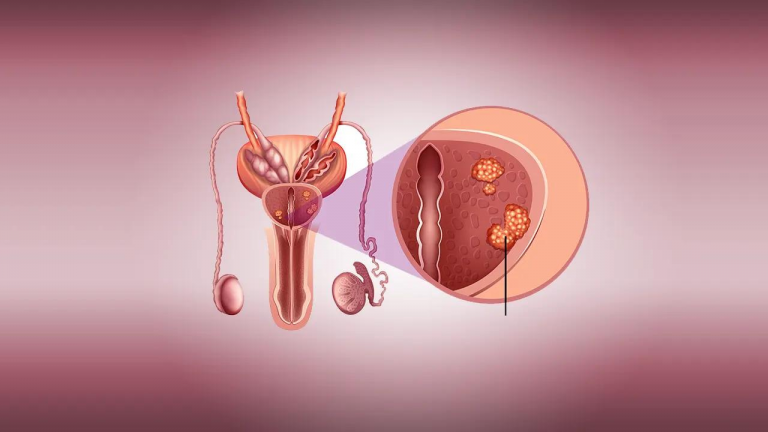How to Avoid Gas and Bloating on a Plant-Based Diet

Gas and bloating can occur when transitioning to a plant-based diet due to the increased fiber intake. However, with some adjustments and considerations, you can minimize these symptoms. Here are some tips to help avoid gas and bloating on a plant-based diet:
Gradual Transition: Gradually increase your fiber intake over time rather than making sudden, drastic changes. This allows your digestive system to adapt and adjust to the higher fiber content more easily.
Drink Adequate Water: Fiber needs water to move smoothly through the digestive tract. Ensure you are drinking enough water throughout the day to help soften stools and aid digestion.
Cook Legumes Well: Legumes, such as beans, lentils, and chickpeas, are excellent sources of plant protein and fiber. Cooking legumes thoroughly can help break down complex carbohydrates and make them easier to digest.
Soak and Rinse Legumes: Soaking legumes overnight and rinsing them before cooking can help remove some of the indigestible sugars that can cause gas and bloating.
Chew Thoroughly: Properly chewing your food allows for better digestion and reduces the likelihood of swallowing air, which can contribute to gas.
Include Fermented Foods: Incorporate fermented foods like sauerkraut, kimchi, tempeh, and miso into your diet. These foods contain beneficial bacteria that can support gut health and aid digestion.
Try Digestive Enzymes: Digestive enzyme supplements can support the breakdown of complex carbohydrates and reduce digestive discomfort. Consult with a healthcare professional to determine if they are appropriate for you.
Avoid Carbonated Drinks and Straws: Carbonated beverages and drinking through a straw can introduce excess air into the digestive system, leading to increased gas. Opt for still water or herbal teas instead.
Identify Food Triggers: Pay attention to specific foods that may trigger gas or bloating for you personally. Common culprits include cruciferous vegetables (broccoli, cauliflower, cabbage), onions, garlic, and certain fruits. Limit or modify your intake of these foods as needed.
Seek Professional Guidance: If you are experiencing persistent or severe gas and bloating, it may be helpful to consult with a registered dietitian who specializes in plant-based nutrition. They can provide personalized advice based on your specific needs and help identify potential triggers.
Remember, everyone’s digestive system is unique, and what works for one person may not work for another. Be patient with your body as it adjusts to the dietary changes, and give yourself time to find the right balance that works best for you.



